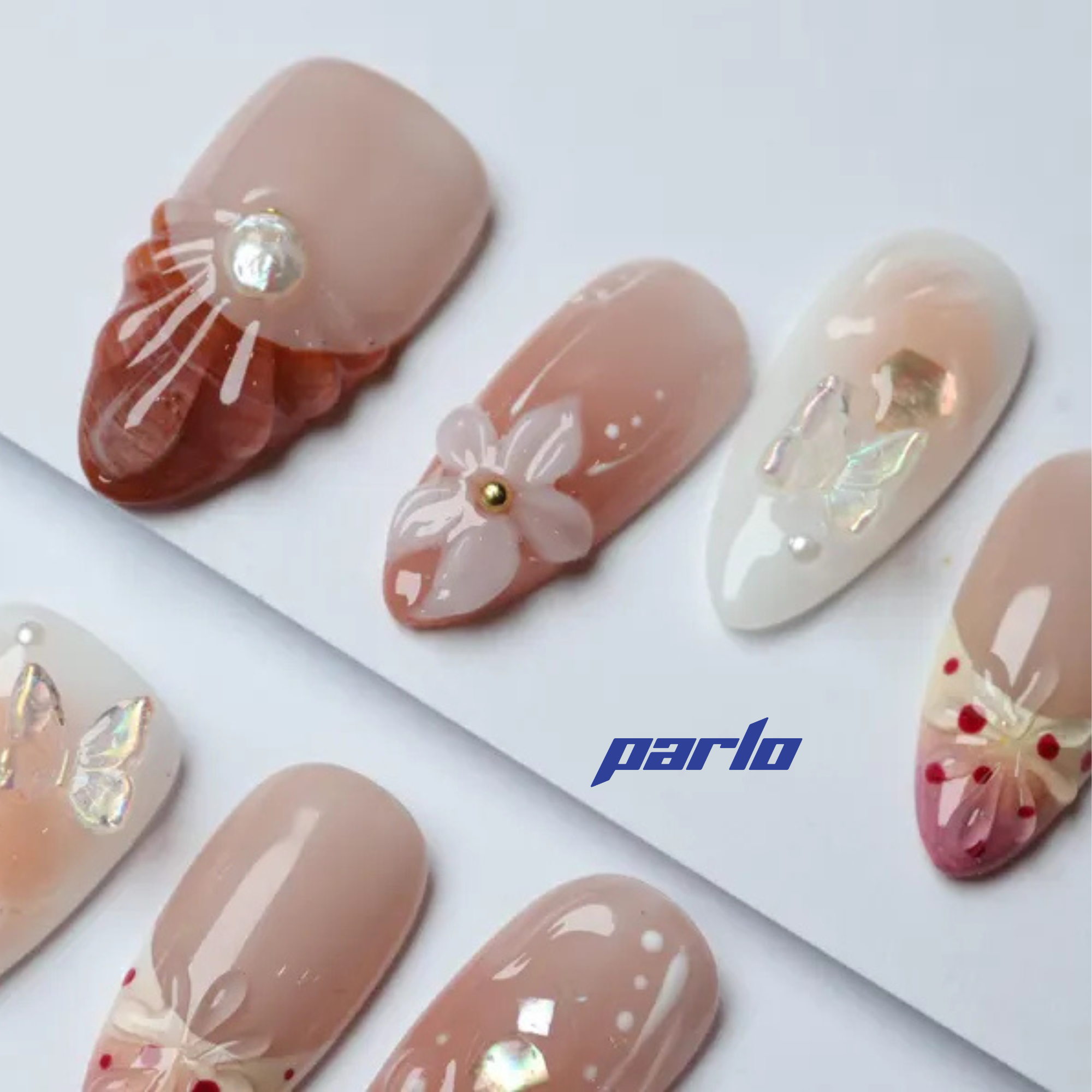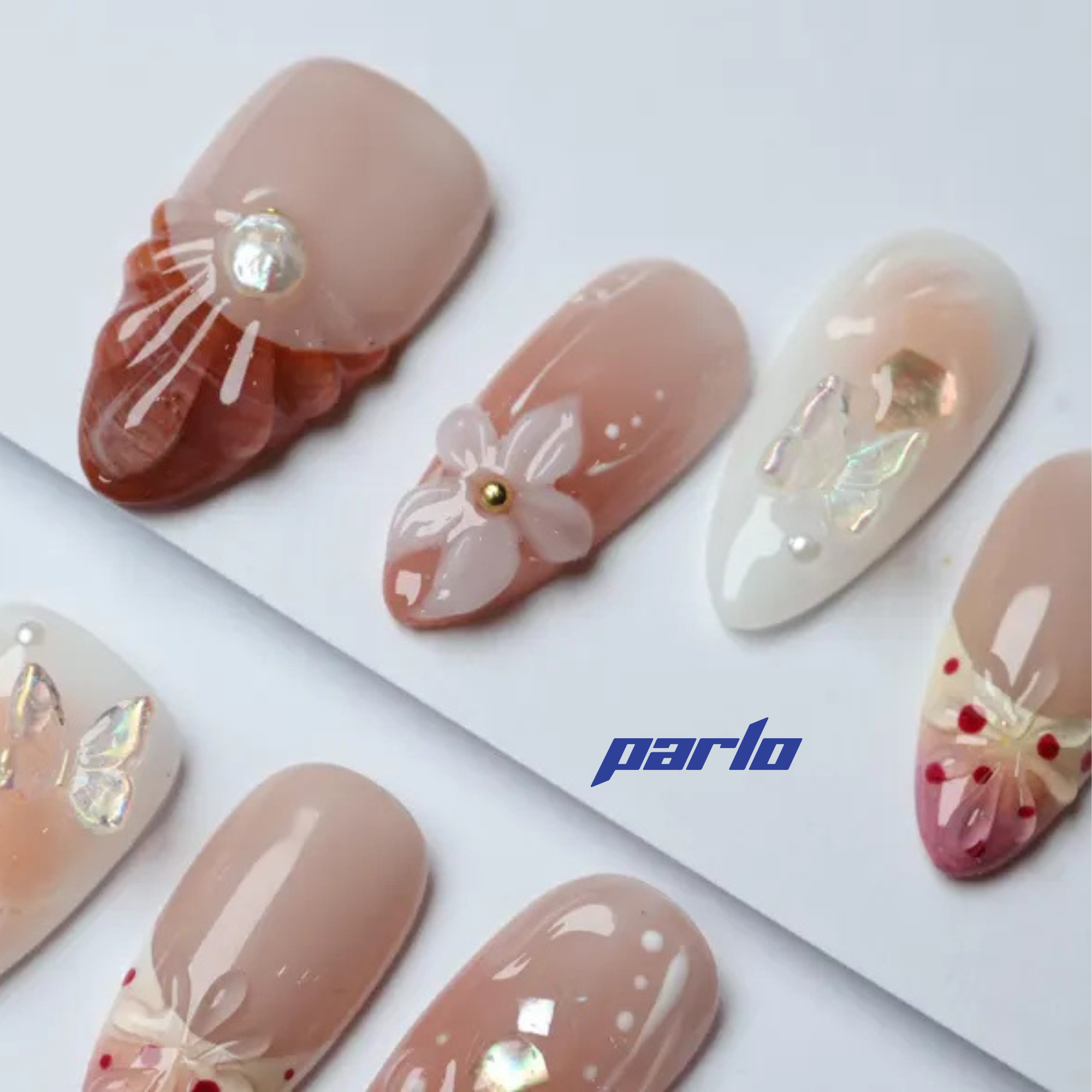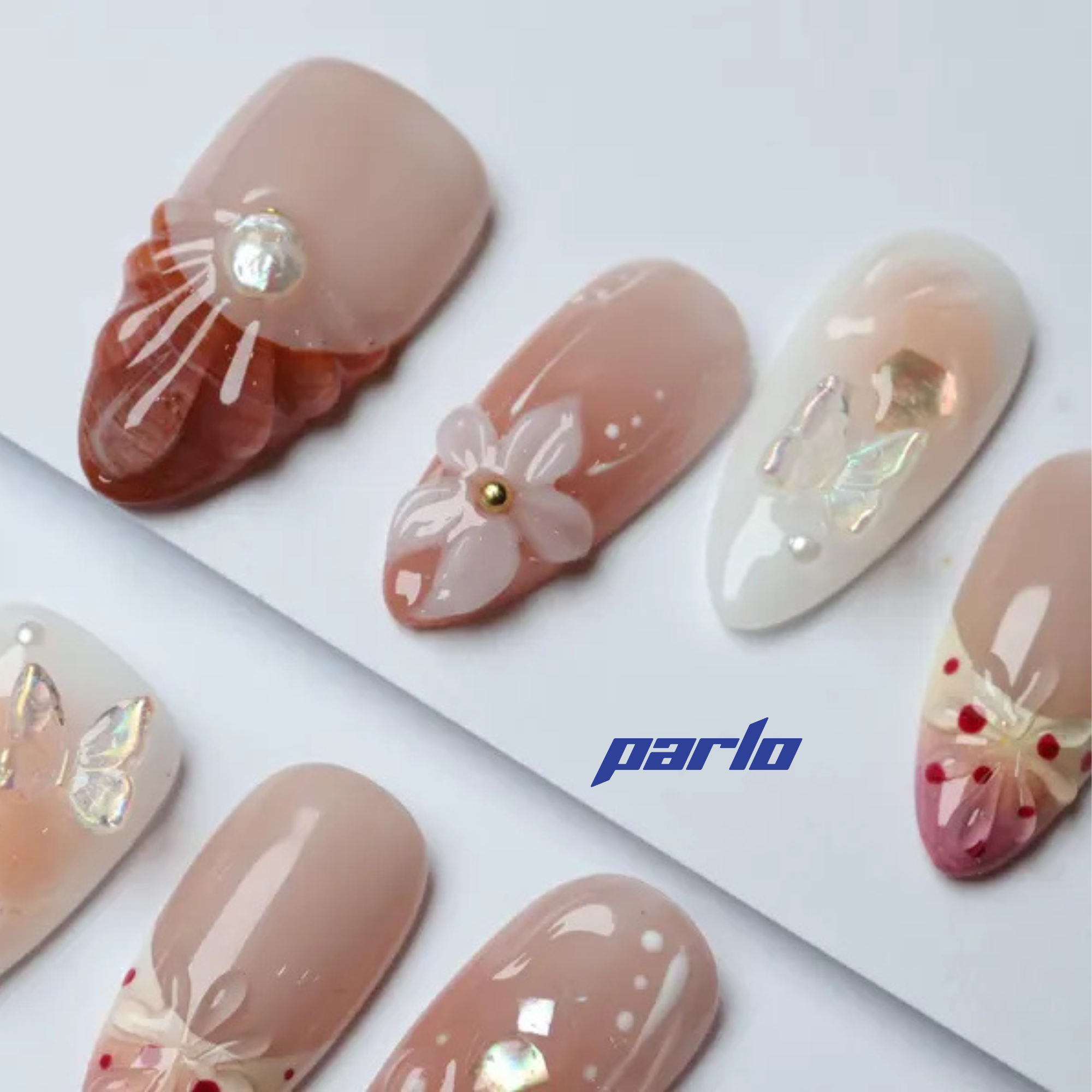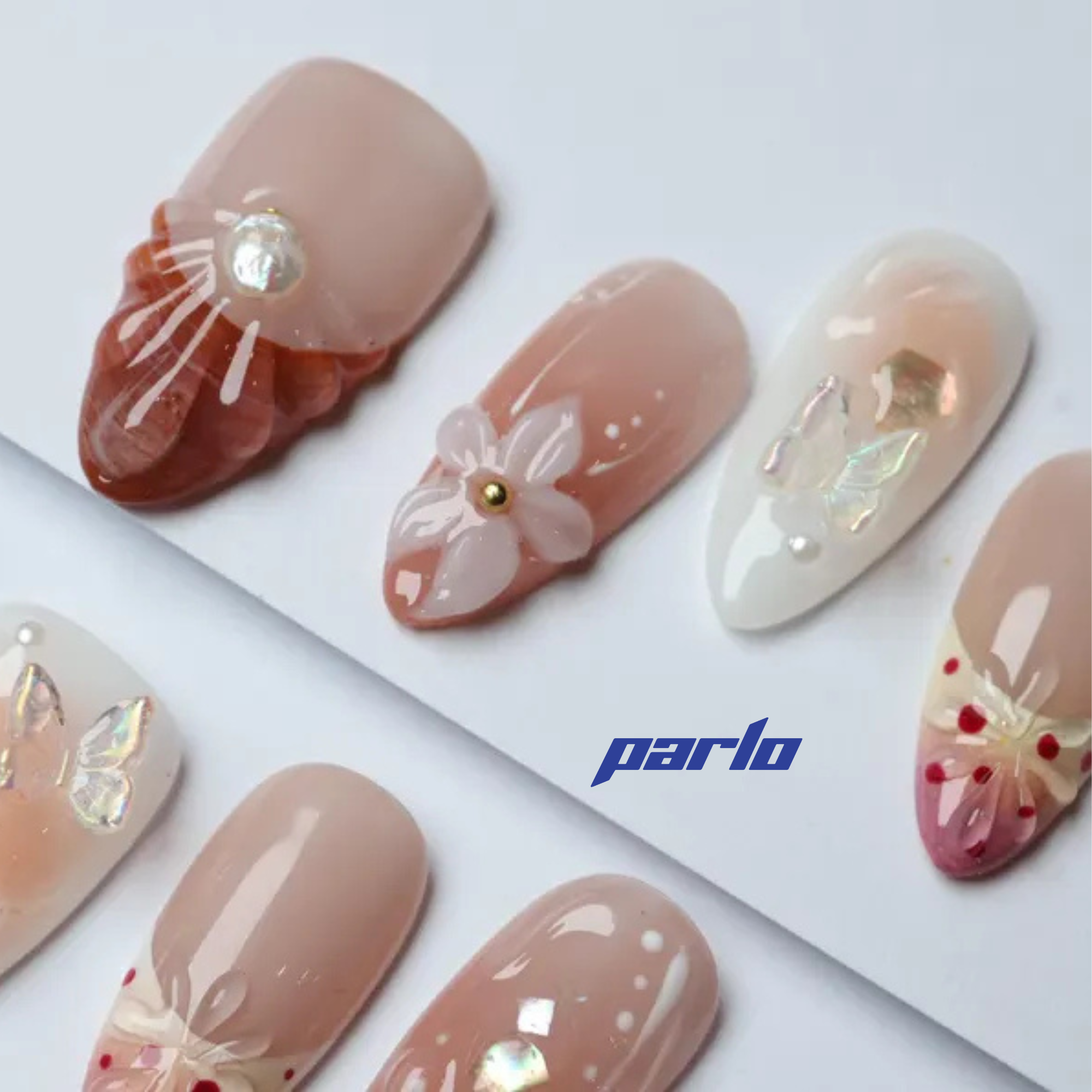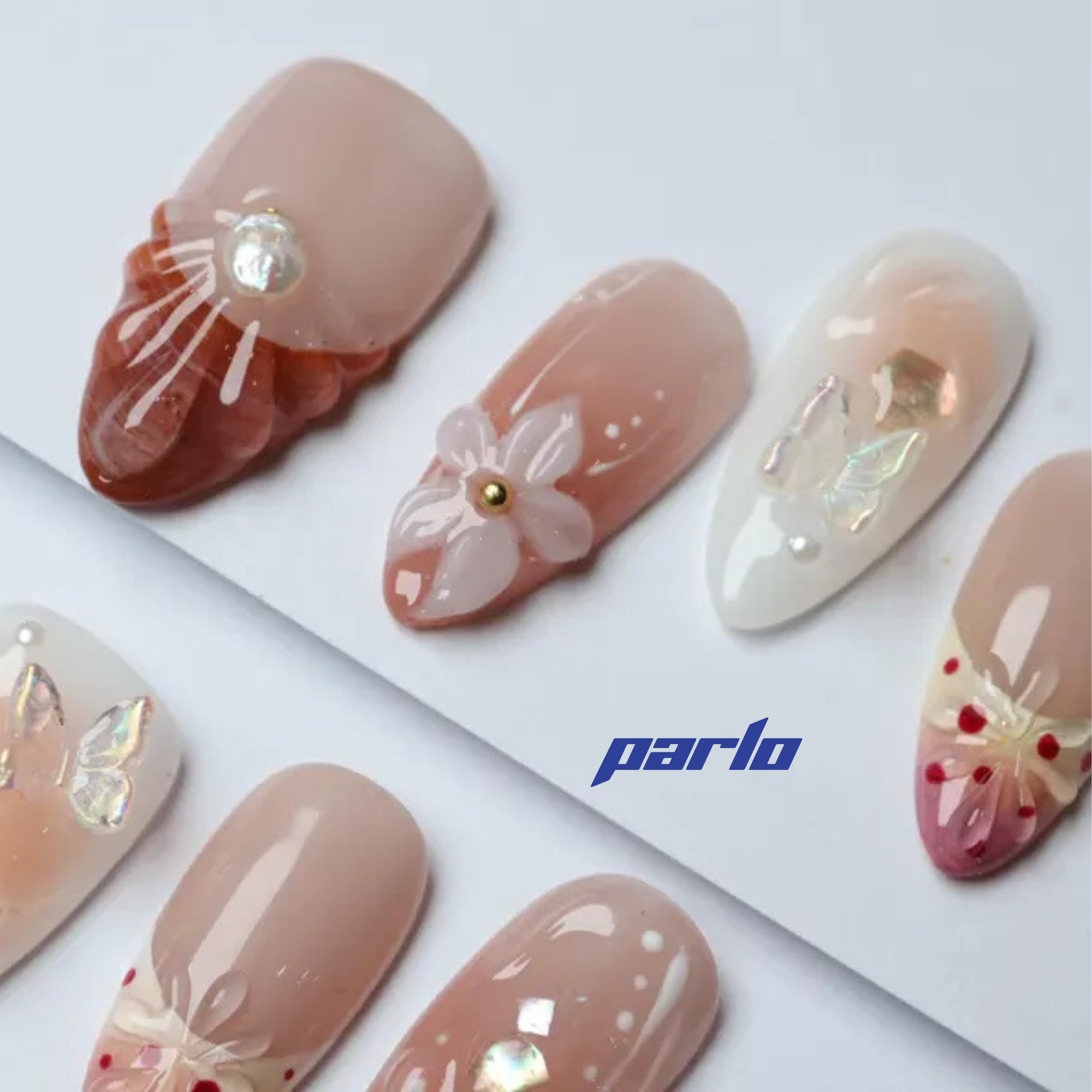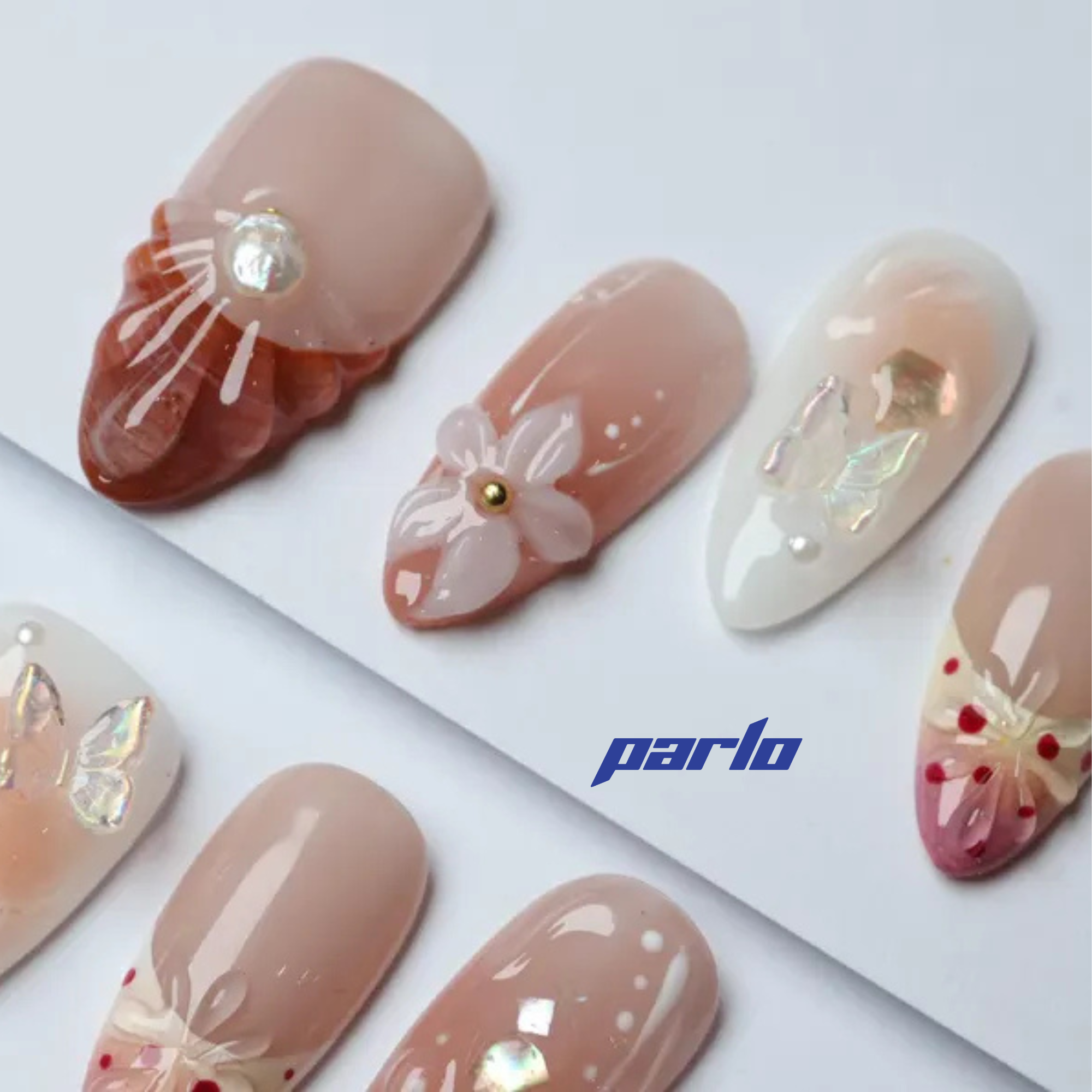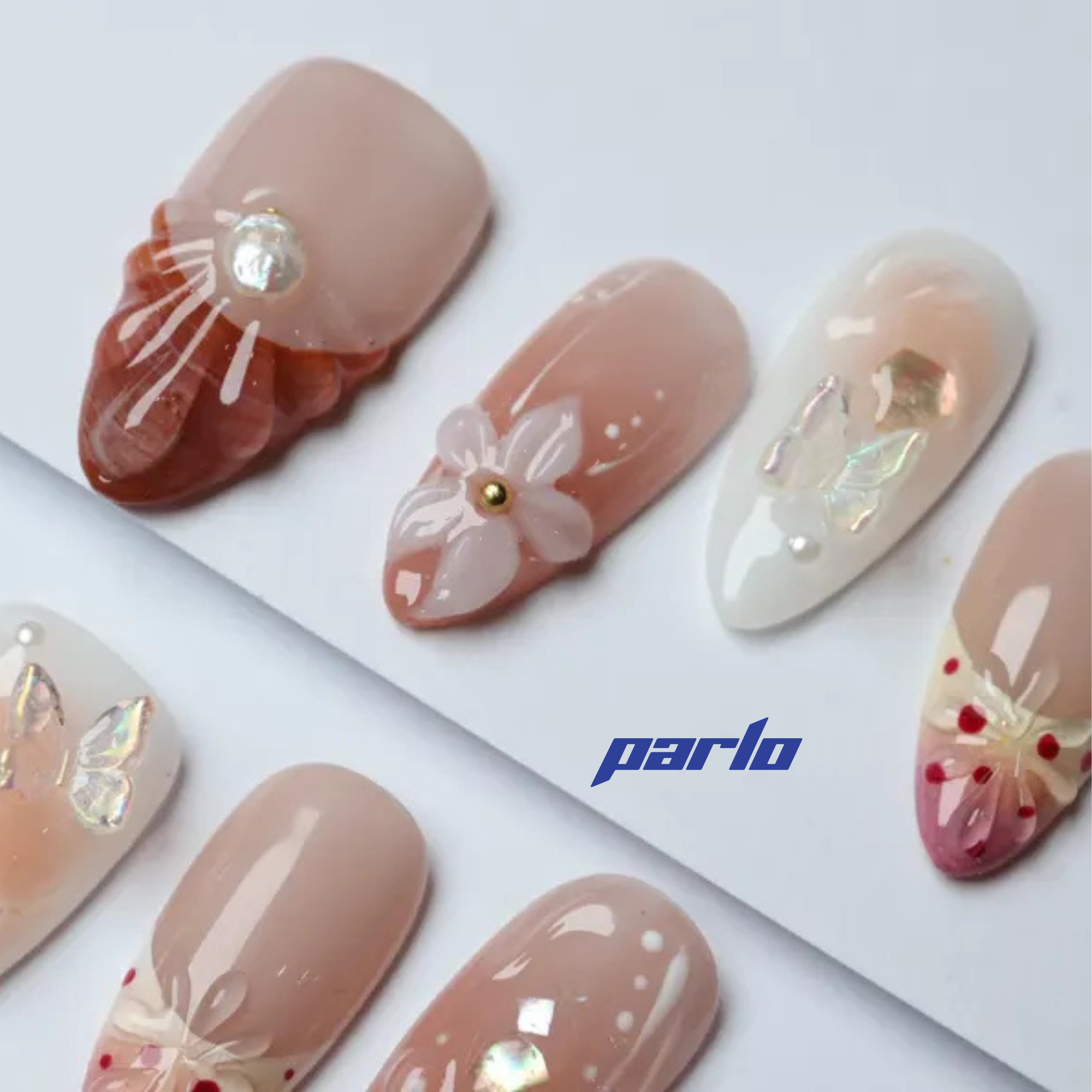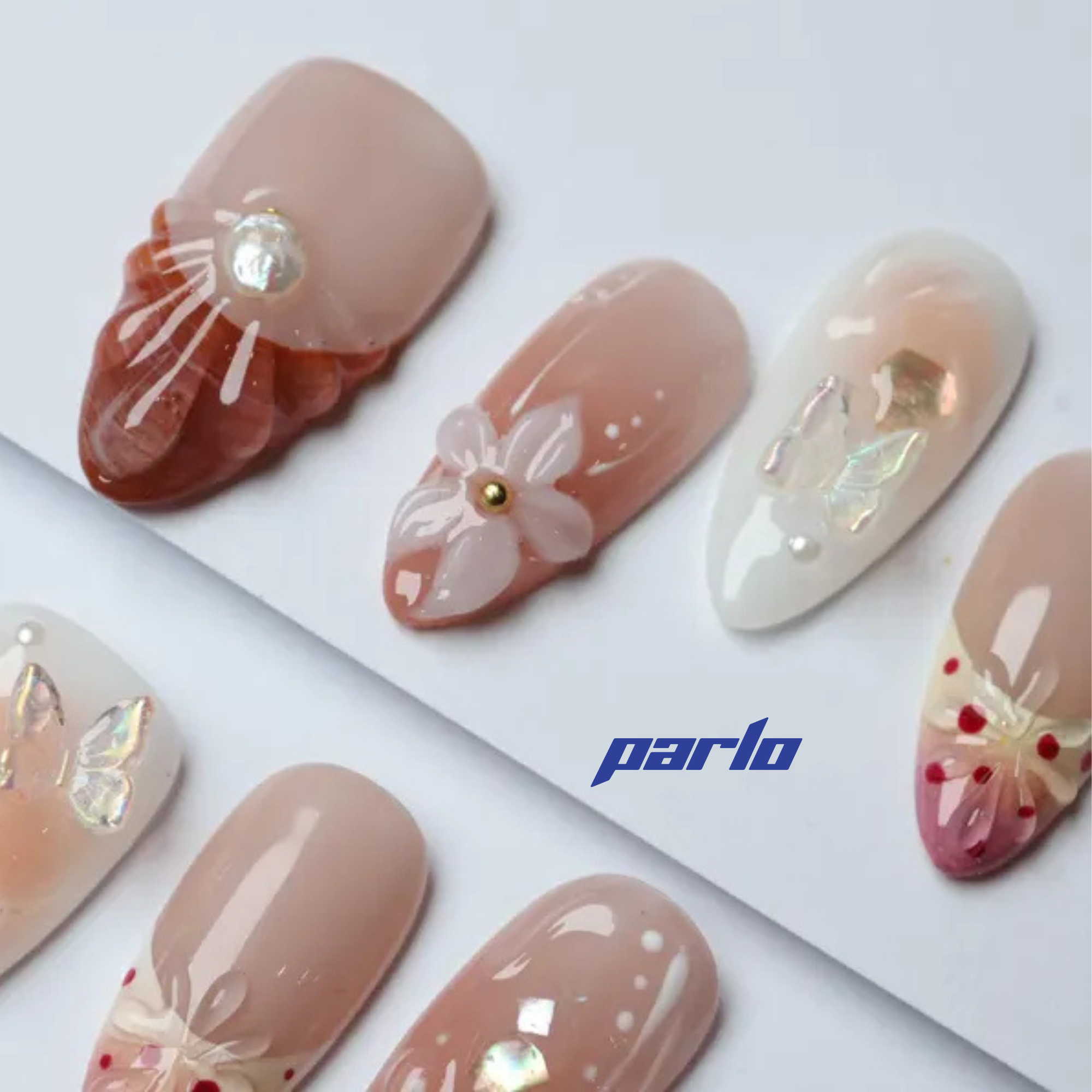Stop Nail Biting: Causes, Effects, and Proven Solutions
Nail biting, also known as onychophagia, is a common habit affecting millions of people worldwide. While it might seem harmless, chronic nail biting can lead to a range of physical and psychological issues. Understanding the underlying causes and implementing effective strategies are crucial for breaking this habit.
Understanding the Causes of Nail Biting
Nail biting is often a coping mechanism for stress, anxiety, boredom, or even frustration. It can be a subconscious habit triggered by specific situations or emotions. Some individuals may bite their nails due to perfectionism, feeling the need to smooth out any imperfections. Genetics and learned behaviors can also play a role, especially if family members engage in the habit.
The Negative Effects of Nail Biting
The consequences of nail biting extend beyond just unsightly nails. Physically, it can lead to:
- **Infections:** Bacteria and fungi can easily enter the body through broken skin around the nails.
- **Damage to Nail Beds:** Chronic biting can damage the nail matrix, leading to deformed or ingrown nails.
- **Dental Problems:** Nail biting can wear down tooth enamel and cause jaw pain.
- **Skin Infections:** The skin around the nails becomes vulnerable and prone to infections.
Psychologically, nail biting can lead to feelings of shame, embarrassment, and low self-esteem. It can also be a social stigma, especially in professional settings.
Effective Strategies to Stop Nail Biting
Breaking the nail-biting habit requires a multi-faceted approach. Here are some proven strategies:
1. Identify Your Triggers
Pay attention to when and why you bite your nails. Are you stressed, bored, or anxious? Once you identify your triggers, you can develop alternative coping mechanisms.
2. Keep Your Nails Short
Short nails are less tempting to bite. Regularly trim and file your nails to maintain a neat appearance. Consider getting professional manicures to keep your nails looking their best and make you less inclined to ruin them. If you want to avoid biting nails, consider press-ons.  These are a great alternative, and they look amazing!
These are a great alternative, and they look amazing!
3. Use Bitter-Tasting Nail Polish
These specially formulated polishes have a unpleasant taste that serves as a deterrent. Apply it regularly to remind yourself to avoid biting.
4. Keep Your Hands Busy
Find activities that keep your hands occupied, such as knitting, drawing, playing with a stress ball, or even just holding a pen. This can help distract you from the urge to bite your nails.
5. Consider Press-On Nails
Press-on nails can act as a physical barrier, preventing you from biting your natural nails. They also offer a quick and easy way to achieve a polished look. Why not try something fun? 
6. Seek Professional Help
If you've tried various strategies without success, consider seeking help from a therapist or counselor. Cognitive behavioral therapy (CBT) can be effective in addressing the underlying psychological factors contributing to nail biting.
The Importance of Consistency and Patience
Breaking the nail-biting habit takes time and effort. Be patient with yourself, and don't get discouraged if you slip up occasionally. The key is to stay consistent with your chosen strategies and celebrate your progress along the way.
Call to Action: Ready to transform your nails? Explore our collection of stylish and protective nail solutions!
Generated from keyword: "Nail Bites"


